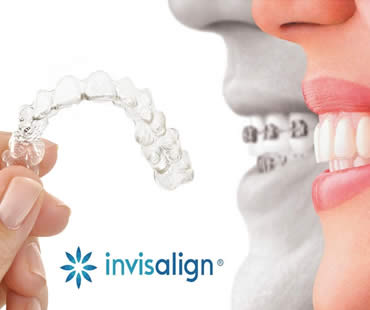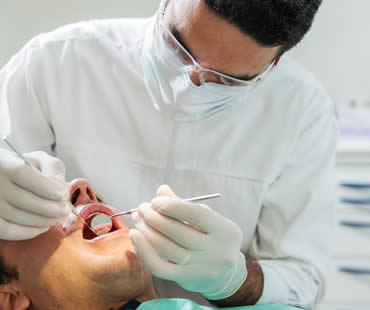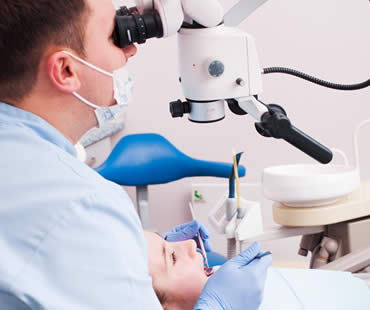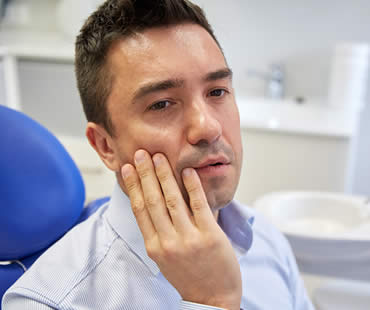Straighter teeth are possible through traditional metal braces or Invisalign clear aligners, but how do you know which are right for you? These two types of orthodontics work differently to improve smiles. Invisalign uses invisible removable plastic aligners to gradually shift teeth, while metal braces require brackets bonded to the teeth and arch wires to apply pressure to move the teeth.
If you are deciding between these two types of treatment, ask yourself some questions to help you choose:
- How severe is your case? Moderate conditions like overcrowding, gaps, and overbite or underbite issues can be treated with either option. However, more severe cases like malocclusions, jaw problems, crossbites, or seriously crooked teeth may require metal braces for more effective results.
- Do you care if others see your braces? Metal braces are very noticeable and bulky, while Invisalign is virtually invisible in your smile. Adults and self-conscious teens may prefer the concept of hidden orthodontic treatment.
- Will you be diligent in wearing aligners? They should be worn at least 22 hours each day for best results, so neglecting to wear them consistently can negatively impact your smile or require longer treatment time.
- Are you concerned about keeping your teeth clean? Metal braces can be difficult to clean because food becomes caught in the wires and brushing may not easily reach all areas. Since Invisalign trays are removable, brushing and flossing are performed normally throughout the process.
- Are you worried about teeth stains? Since it’s easier to keep teeth clean with Invisalign, you avoid the risks of stains from food and plaque buildup around metal braces that may stain your teeth.
- How often do you want to visit the orthodontist? Metal braces require office visits at least every 4 weeks for tightenings. Invisalign trays are changed every 2 weeks, but many orthodontists provide a series of trays to take home so that an office visit isn’t required each time. It’s possible that you may not visit the orthodontist as often with Invisalign.
The ideal choice for your orthodontic treatment can be decided by consulting with your orthodontist. Find out which option will best transform your smile.
Our dental office is located in Weymouth
















